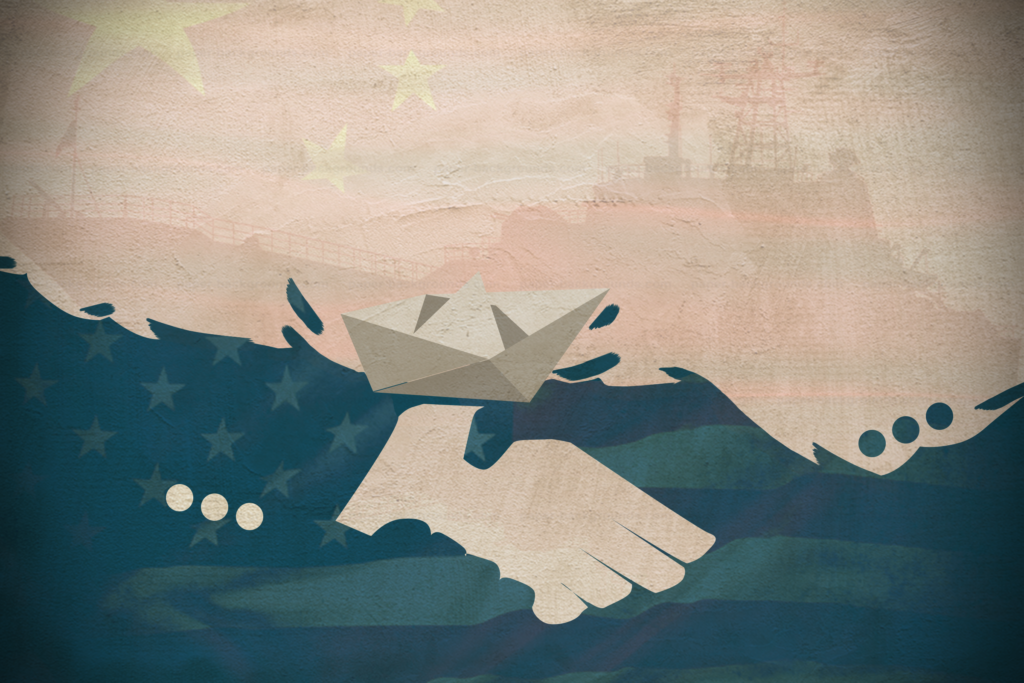BBM’s US visit strengthens PH-US alliance as Chinese intimidation in WPS calls for strong moves to uphold Philippine sovereignty
This Week in Media (May 1 to 6, 2023)
THE WEEK opened with President Ferdinand Marcos, Jr.’s working visit to the US for one-on-one talks with President Joseph Biden. The talks followed closely at the heels of the concluded Balikatan military exercises designed to enhance regional security. Coverage tracked closely references to regional flashpoints in the South China Sea and the Taiwan Strait, but did not miss references to trade and economic issues. Marcos’ schedule in the Washington DC led newscasts and gained banner headlines in newspapers.
News anticipated a review of the 1951 Mutual Defense Treaty (MDT) in the current context of China’s rise in military and economic power. Media highlighted the assurance of US Defense Secretary that the US “has the Philippines’ back” in the South China Sea. For his part, Marcos’ message addressed expressed concerns at home, saying that he would not allow the country to serve as a “staging post” for any military power. As for economic discussions, Marcos reported during his post-visit speech on May 5 that his visit yielded $1.3 B in investment pledges.
The President’s pre-departure statement and his session with the press aboard his flight raised more points that would have to be followed up on the ground in Manila, not in the White House. He told the press that he had spoken to Chinese officials about the April 23 near-collision between a Chinese vessel and the Philippine Coast Guard (PCG) in Ayungin Shoal. The press called attention to his statement about the need to review the MDT between the two countries after 72 years, as global conditions call for the treaty itself to “evolve.”
Different media reports on May 1 picked up the particular points in the President’s response: that he has taken up the issue with the Chinese government; that high level communication is needed for incidents like this, and the Philippines is only waiting for China to complete its communication team; and that he has directed the PCG and Department of Foreign Affairs to create a fishing map to identify fishing grounds, and that this would be proposed to China.
Following Marcos’ state visit to China last January, a “hotline” for maritime rows was supposedly established between the two countries, but the public has heard nothing much about it nor its impact. CMFR had also noted a CNN Philippines report that recalled the Philippines and China formed a Committee on Maritime Cooperation in 2016, after which Chinese vessels’ harassment continued anyway. More recent accounts failed to provide these as reference and background. Without such context, such efforts seem like just a lot of talk. Journalists should check how government’s efforts have actually checked China’s encroachment in the West Philippine Sea (WPS). Meanwhile, progressive fisherfolk group Pamalakaya told Philippine Daily Inquirer on May 2 that there is no need to map fishing grounds as the entirety of the WPS is for the exclusive economic activity of Filipinos.
Commodore Jay Tarriela, PCG Spokesperson, told CNN Philippines’ The Source on May 1 that China should “consider behaving in accordance with international law,” as the PCG is open to bringing more journalists on their patrols to document Chinese incursions. Tarriela was responding to the statement issued by Chinese Foreign Ministry Spokesperson Mao Ning that it was the Philippines that tried to provoke China during the April 23 incident.
Tarriela had told ANC in February that the PCG would publicize all maritime incidents involving China, as the National Task Force on the West Philippine Sea (NTF-WPS) believes this is a public obligation. This “tell-all strategy” has been lauded by security experts and defense analysts. Even Armed Forces of the Philippines Spokesperson Medel Aguilar deferred questions on maritime incidents to the NTF-WPS and the PCG.
Clearly, global conditions require a balancing act. Marcos spoke in a forum on May 5 held by the Center for Strategic and International Studies, where he stressed that there would be “no disengagement“from China, reiterating his SONA statement that the Philippines would be a “friend to all and enemy to none.” Marcos said the Philippines remains in talks with China, particularly for joint energy exploration.
Marcos’ pivot to the US has been duly noted by the press as news accounts, editorials and opinion columns point to the sharp departure from his predecessor. They must similarly be prepared to check how Marcos’ China policy succeeds to redeem Philippine national sovereignty from the shambles left by Duterte’s submission to Beijing.

Leave a Reply